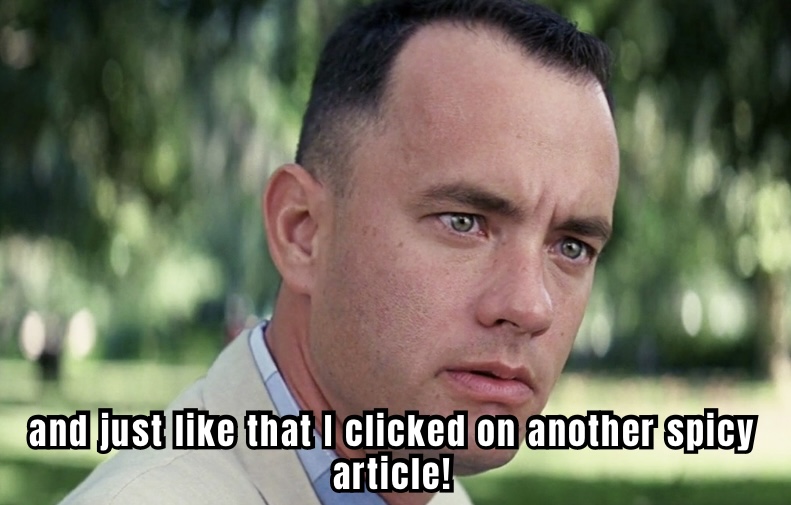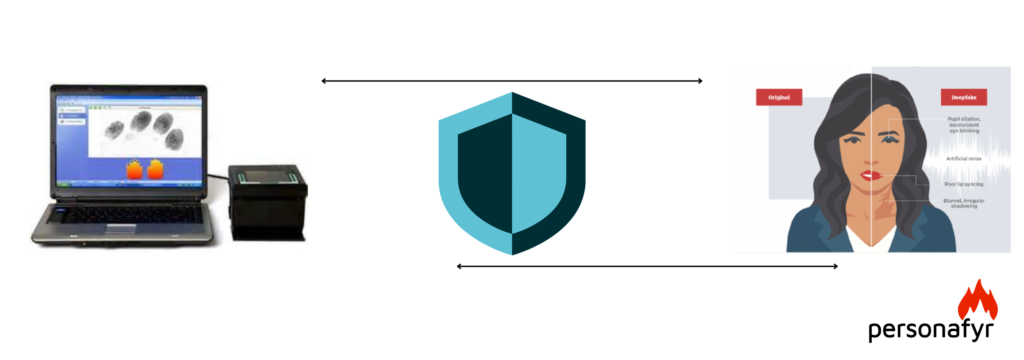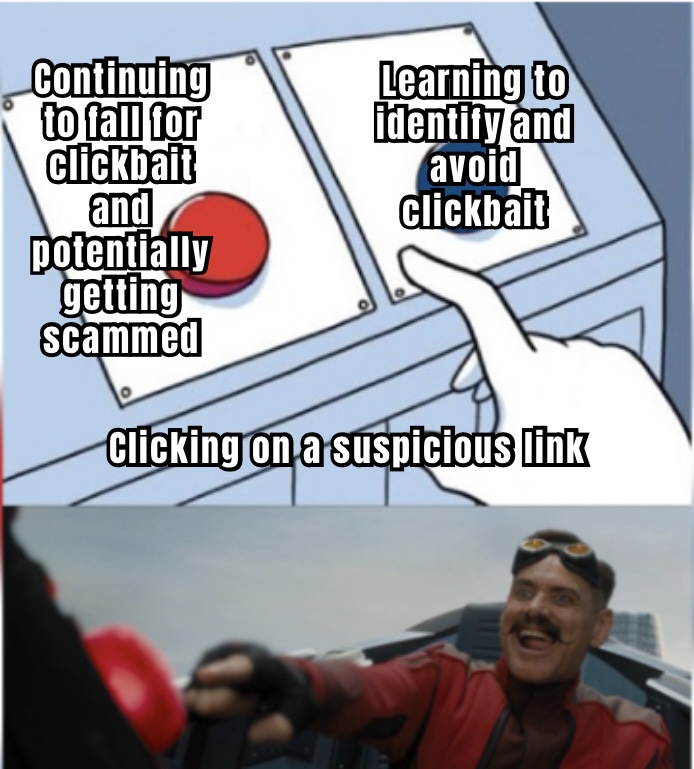Clickbait works because it’s like that smooth-talking salesperson who swears this one gadget will change your life. Headlines like “You Won’t Believe What Happens Next!” tap into your curiosity, leaving your brain no choice but to find out. Add a little FOMO (fear of missing out) and a lot of emotional triggers—like shock or awe—and suddenly, you’re neck-deep in an article that never actually delivers. It’s a psychological game designed to exploit your need for closure and love of drama【11】【12】.
How can you stop? Think of clickbait like an unreliable narrator. Before clicking, ask yourself: Is this headline exaggerating? Will I actually gain useful information? Chances are, you already know the answer. You can also install browser extensions to block clickbait-heavy sites and reclaim your time. It’s like hiring a bodyguard for your feed—no nonsense allowed【12】.
Remember, your clicks dictate what thrives online. Choose content that adds value, not fluff. The next time a headline promises “One Shocking Tip for Eternal Happiness,” remind yourself that happiness isn’t one click away—it’s probably a nap or a good book instead.
Sources:
- Psychology of clickbait and its emotional triggers【11】
- How clickbait exploits curiosity and FOMO【12】
- The neuroscience behind why we fall for clickbait【12】




